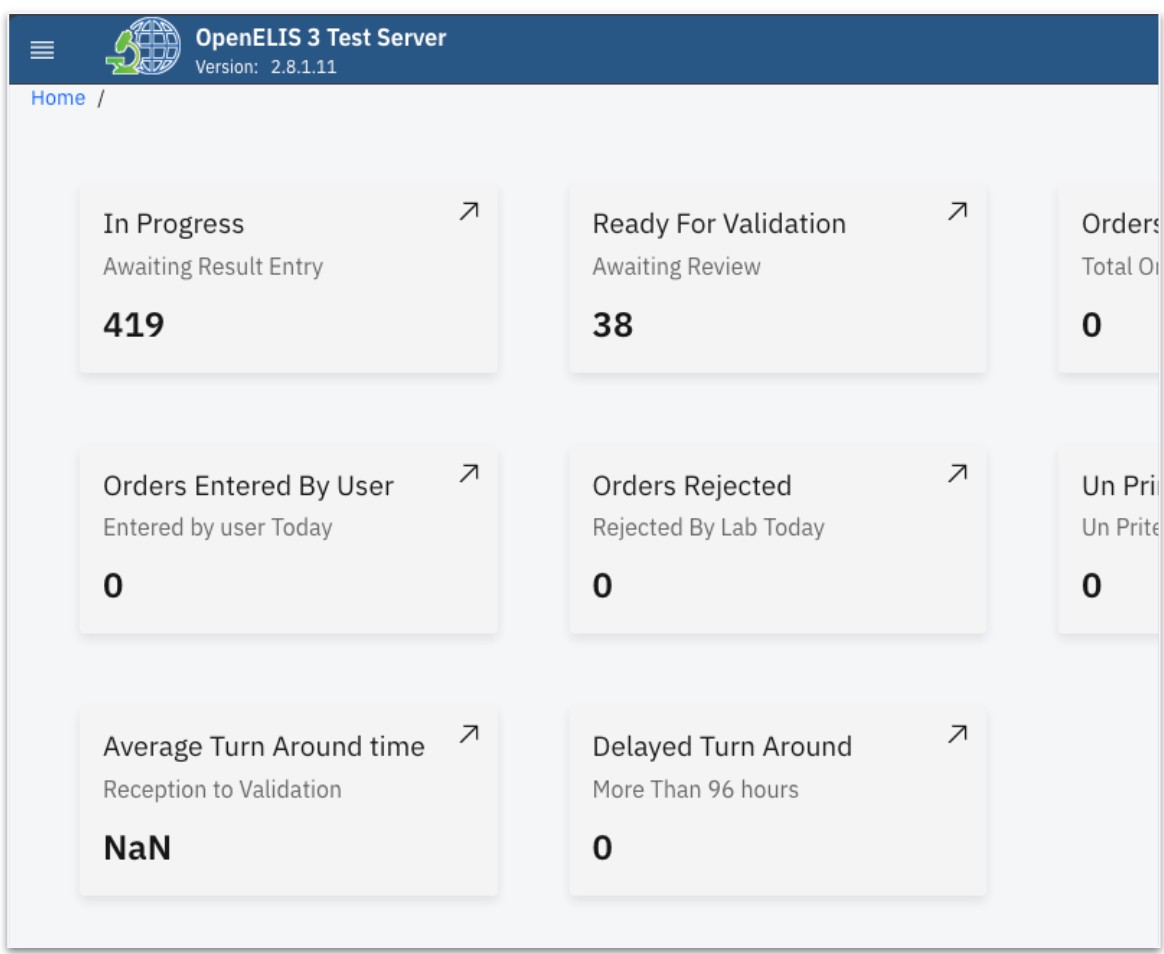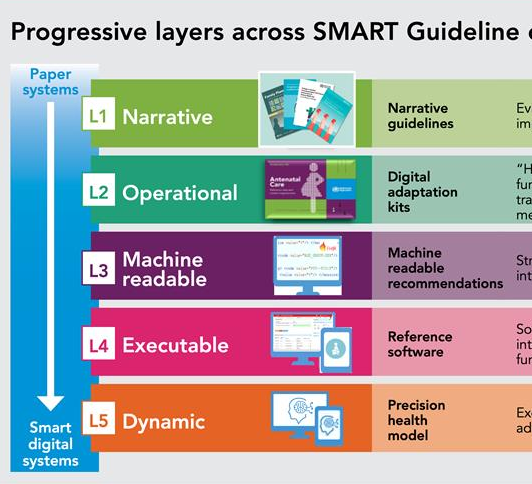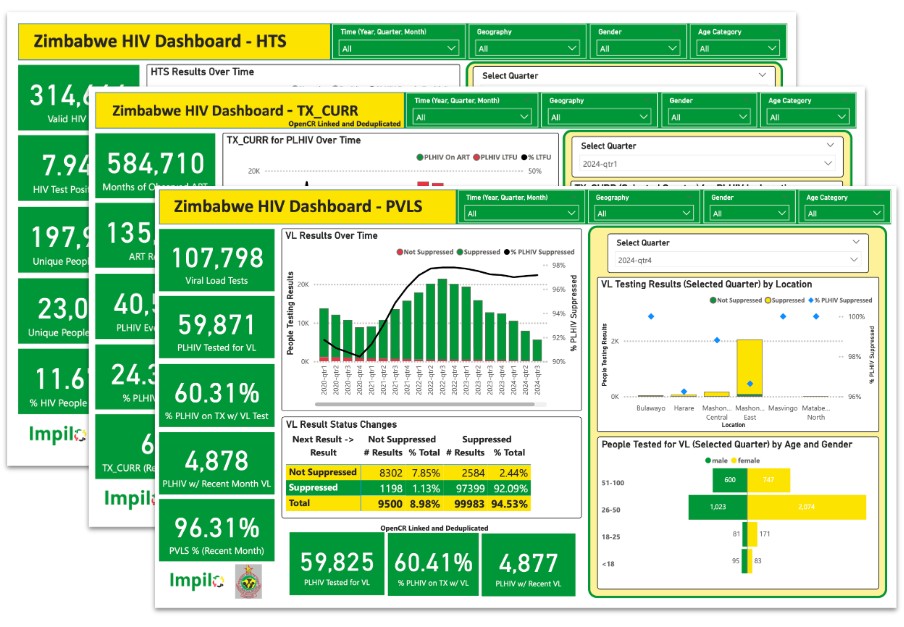Our Portfolio
Effective digital health systems transform data into information that guides clinical care, decision‐making and health policy. DIGI delivers solutions that promote local ownership and sustainability—building flexible, responsive, and evidence-based tools with our clients and partners.
HIGHLIGHTED PROJECTS
Digital Health Systems
OpenELIS Digital Lab Information Systems
OpenELIS Global is an open enterprise-level laboratory information system software designed specifically for public health laboratories. It is based on open source, web-based technologies and has been successfully deployed and used at a national scale in various settings, from small general hospital labs to national reference laboratory networks.
Learn more

Approach
- DIGI is the technical steward of OpenELIS
- Supporting design, engineering, and implementation of national-scale information systems

Components of
- Tools for automating updates from structured guidelines into a FHIR Implementation Guide, CQL for indicator generation and CDS, and the generation of appropriately mapped terminologies in a format that works with the Open Concept Lab.
- Testing harness for ensuring logical consistency for indicators and CDS
WHO SMART Computable Care Guidelines for HIV
The goal of SMART computable care guidelines for HIV is to shorten the time between the publishing of new WHO guidelines for HIV care and their technical implementation on the ground
Partners:

Data Pipelines using FHIR
Google supported Open Health Stack (OHS) provides FHIR analytics tools, such as FHIR data pipes to enable a FHIR data store to be queried for use in analysis and visualization.
Learn more

Approach
- Technical project management
- Updated FHIR-standards
HIGHLIGHTED PROJECTS
Evaluation, Assessment, and Research
Machine learning algorithm for predicting interruptions in treatment
Health care providers often have limited time and resources to follow up with HIV clients about attending their prescription appointments on time, especially in low-resource settings with ongoing conflicts and security issues. How can we predict service needs more precisely to support providers plan more proactively and serve HIV clients better?
DIGI and CHARESS are building a machine learning algorithm to predict risk scores of interruption in antiretroviral treatment among HIV clients in Haiti.
Partners:


Approach
- Using clinical and psychosocial survey data.
- Providing a more holistic analytic framework and improving predictive accuracy.
- Clients with high risk scores of treatment interruption will receive focused counseling.